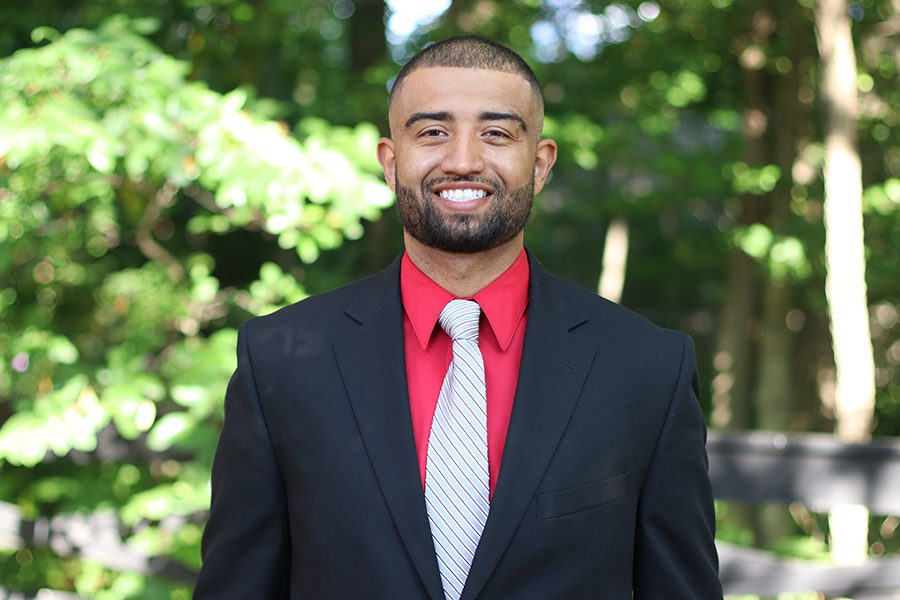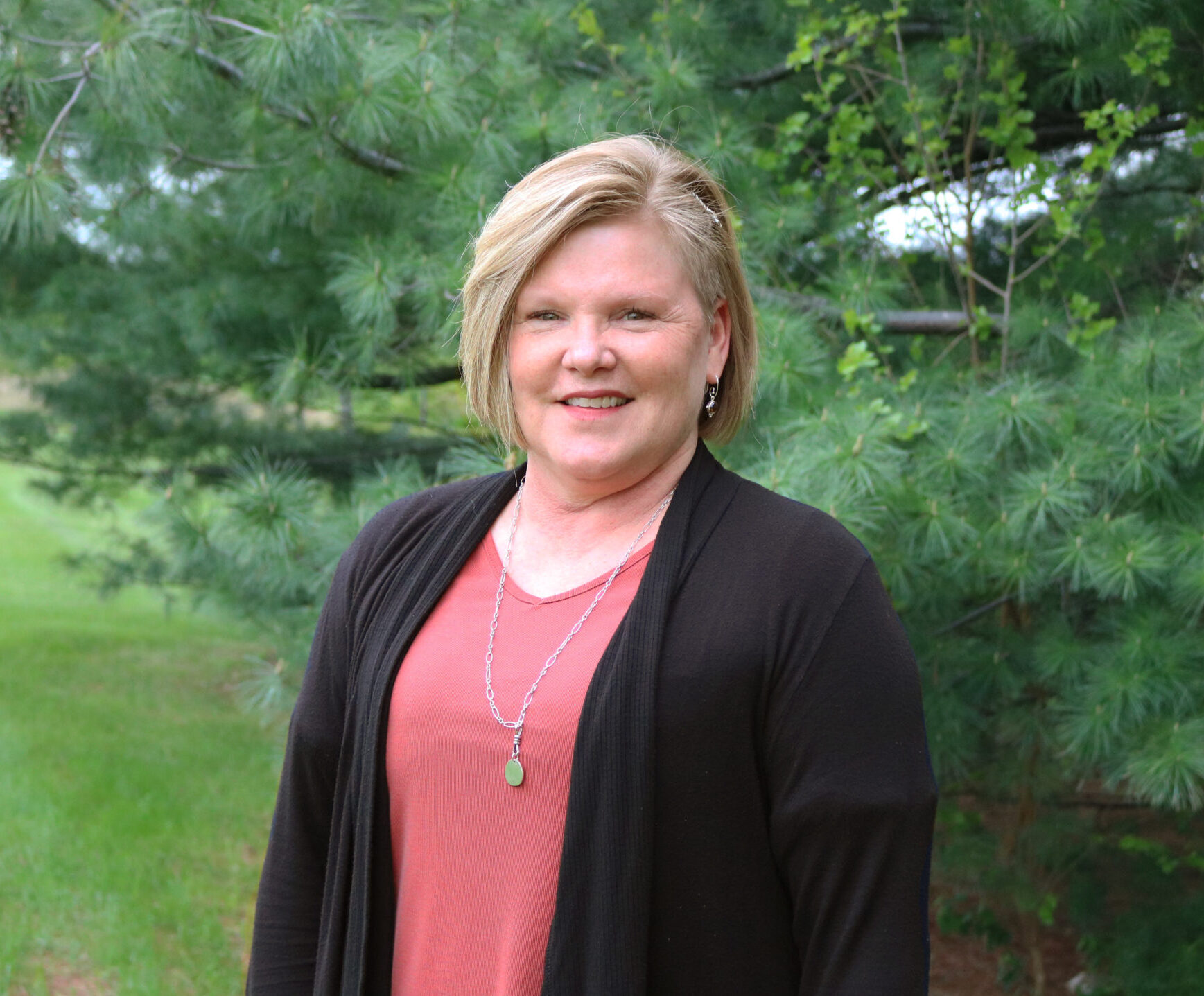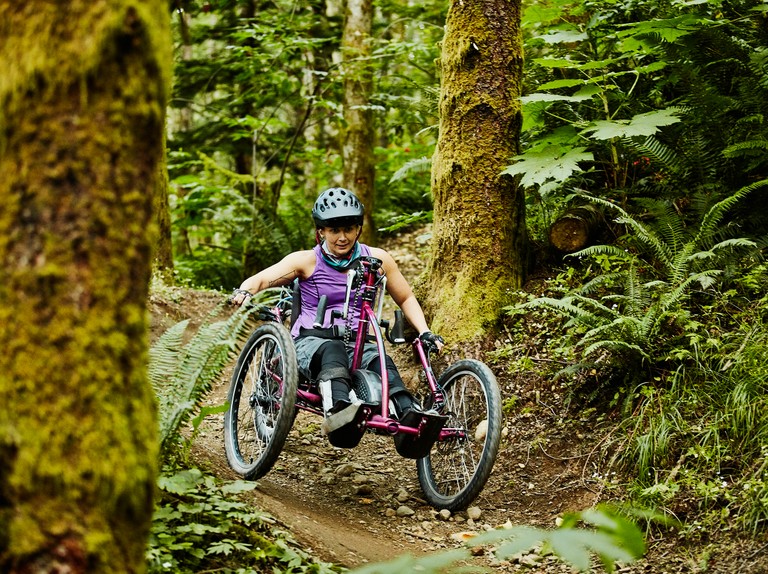Author: Glen Jennings
-

Written by Us: The Disabled Playwrights Workshop Reclaims the Narrative
Bailey Patterson has a background in almost every side of theater. That means she’s seen firsthand how disability is often excluded from those spaces. “I’ve been witness to a lot […]
-

Wishing Dr. Wright well at Gonzaga University
During his time at HDI, Director of Underserved Populations Dr. Nicholas Wright has enjoyed the opportunity to help bring underrepresented viewpoints to the forefront. Now, he will bringing the same […]
-

HDI Interpreters Serve at the Southeast Registry of Interpreters for the Deaf
Anyone closely involved with the Deaf community in the region will likely be at the Southeast Registry of Interpreters for the Deaf conference. As Alisha Salyers, a member of HDI’s […]
-

From Dungeons & Dragons to Romance: Writing, Identity, and the Power of Representation in Disability and Mental Health
“I think the first stuff I ever really wrote were backgrounds for my D&D character when I was in high school,” Jaz Brown said. As a fellow pen and paper […]
-

Mental Health ASL Interpretation in Kentucky
There is only one other person in the state of Kentucky who is certified to do what Lisa Amstutz does the way she does it. Amstutz is a Qualified Mental […]
-

Staff Profile: Skyler Hill
Skyler Hill has worked in every level of business, but he’s never worked anywhere like HDI. “It’s not a traditional ‘business’ in that the motivation for profit is strictly longevity,” […]
-

Mountain Biking for Everyone
Dr. John C. Hill particularly enjoys the project he has dedicated several years to because its results are tangible. Hill, who works as a Survey Project Coordinator at HDI, has […]
-

Making Connections in 2024
Connections and partnerships have been consistent themes across the years at HDI, and those are reflected again in some of 2024’s most notable achievements. This year, Deputy Director Johnny Collett’s […]
-

Miller expands capacity of HDI Administration Team
Dinah Miller has made management her business. Miller has been taking classes with the College Business Management Institute (CBMI) in hopes of learning more about business and financial administration – […]
-

Louisville Free Public Library completes Autism Informed Employer Training
Though it just launched this year, ISAW’s Autism Informed Employer program has already made a difference. The Louisville Free Public Library has given its entire staff the Autism Informed Employer […]